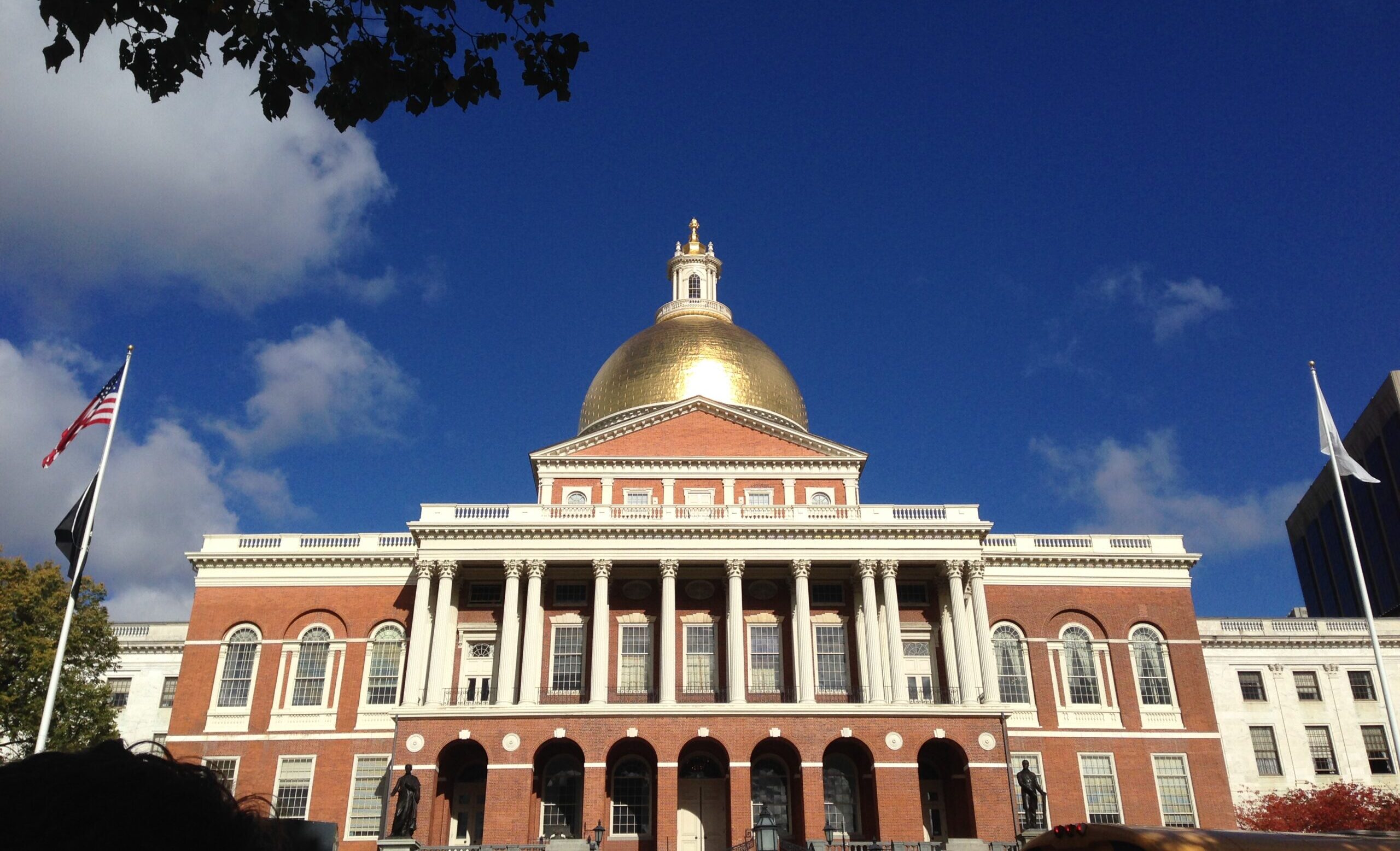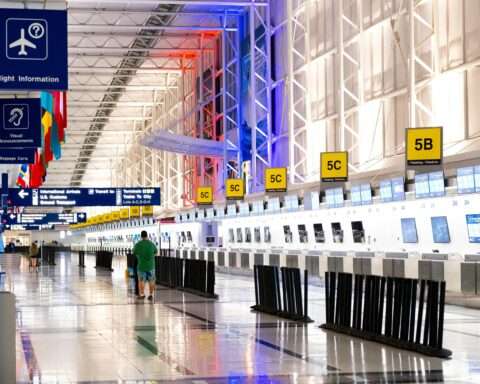Massachusetts has enacted a nearly $4 billion initiative that will accelerate the state’s transition to a cleaner, more sustainable energy future.
The new legislation, S.2967 or An Act Promoting a Clean Energy Grid, Advancing Equity and Protecting Ratepayers, represents a major stride toward achieving the state’s goal of net-zero greenhouse gas emissions by 2050. The bill has been signed into law by Governor Maura Healey.
The $3.96 billion climate legislation will include a range of provisions designed to modernize the state’s energy infrastructure, streamline siting and permitting processes, protect consumers from rising energy prices and develop clean, zero-emissions energy technologies.
RELATED: Bill to fund infrastructure at ports, coasts clears Senate
In addition to this law, the legislature will make ranging policy changes to make the state as competitive as possible, stimulating new and proven industries, economic growth and the workforce.
By passing this comprehensive legislation, Massachusetts intends to lead by example, setting a standard for which the state can fight climate change and fortify economic and workforce resilience.
Energy Infrastructure Modernization and Administration Streamlining
Massachusetts’ clean energy legislation will prioritize several key environmental initiatives; however the development of modern electrified infrastructure and reorganization of administrative processes might top the state’s list.
Clean energy projects, large and small, will benefit from an enhanced siting and permitting process designed to expeditiously bring clean energy infrastructure online. The legislation will consolidate multiple permits into single processes with actionable timelines of 12 months for small projects and 15 months for large projects.
The legislation will create three new offices to manage, engage with and provide resources to communities and potential applicants for an equitable, throughout and community-oriented process – the Office of Environmental Justice and Equity, the Office of Public Participation at the Energy Facilities Siting Board and the Division of Siting and Permitting at the Department of Energy Resources.
Integrating the next generation of electric vehicles and infrastructure, the legislation authorizes the creation of a statewide network of EV charging hubs and supports the installation of EV chargers in residential and commercial areas, including condominiums and historic districts. Centralized through the Electric Vehicle Infrastructure Coordinating Council,
The legislation also extends the popular MOR-EV rebate program for purchasing EVs through 2027 and will dispel misinformation about electric vehicles and battery safety risks by requiring state guidance on public health, safety and environmental impacts.
Consumer and Facility Protections
One of the main priorities for FEMC’s comprehensive legislation is lowering energy prices for residents. This agenda will support the proactive replacement of leak-prone natural gas pipes and the expansion of climate- and cost-friendly heat pumps and geothermal heating systems.
Enhancing gas workers’ protections, the legislation will also establish a special legislative commission to research the state’s clean energy transition and its impacts on the existing fossil fuels workforce.
Buildings around the state continue to be a large source of greenhouse gas emissions. The legislation will authorize condo association boards to implement efficient energy devices, electric vehicle chargers in common areas and the most up-to-date refrigerants to improve heat pump operations.
Clean Technology Advancements
To foster a clean energy grid, the legislation also emphasizes the integration of new and existing technologies, such as advanced metering, fusion energy, renewable energy and grid-enhancing solutions.
The expansion of electrified and electric vehicle charging infrastructure will require the state to pursue enhancements to metering systems. The legislation will support the rollout of advanced metering infrastructure to more efficiently operate energy systems.
Utilities will be required to deploy these technologies to create a centralized data repository to provide access to detailed metering customer data with consumer consent.
The legislation establishes new policies that enable the deployment of solar energy by updating historic district laws, making policy recommendations through a solar canopy working group and requiring the Department of Public Utilities to expand net crediting.
The legislation will also expand tax credits for offshore wind employers and allow for longer-term contracts on wind energy projects. It also directs state agencies to review current procurement practices to ensure they align with emissions reduction goals and labor standards.
Beyond common renewable energy resources, Massachusetts intends to be the first state to add fusion energy to its energy production repertoire and service the resource as a commercially viable option. This initiative will collaboratively work with other New England states to consider competitive solutions for long-term clean energy generation throughout the Commonwealth.
Additional Funding and Bond Authorizations
- Massachusetts Clean Energy Center (MassCEC) – $400 million over ten years. Half will support climatetech technology innovation and deployment; the other half will cover the offshore wind industry. A new tax credit will also stimulate investments in climatetech companies. Also, MassCEC will house a new program that will develop and expand research, employment and innovation.
- Life Science Breakthrough Fund – $500 million over ten years to reauthorize the Life Science 3.0 initiative. This will add equity, biosecurity, digital health and artificial intelligence to the Life Sciences Center.
- MassWorks Infrastructure Program – $400 million to advance public infrastructure projects.
- Library construction projects – $150 million.
- Artificial intelligence in state systems – $103 million.
- Rural community infrastructure improvements – $100 million.
- Agriculture and fishing resilience – $21 million.
- Food science innovations and nascent alternative protein industry – $40 million.
This sweeping legislation, intended to reshape Massachusetts’ energy landscape, create new economic opportunities and advance the state’s fight against climate change, was signed by Gov. Healey on Nov. 20.
Photo courtesy C1MM













